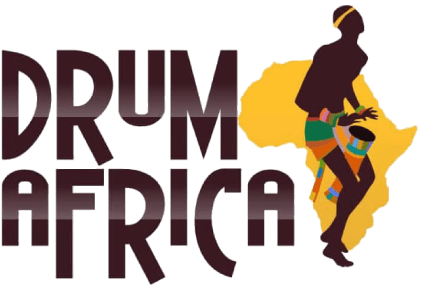Former President Goodluck Jonathan has come out to dismiss reports suggesting he accused the late President Muhammadu Buhari of having ties with Boko Haram terrorists.
According to a statement released by his media aide, Ikechukwu Eze, Jonathan’s comments were “grossly misrepresented” and taken out of context.
The statement reads in part: “At no time did Dr Jonathan suggest, imply, or insinuate that President Buhari had any connection with Boko Haram or that he supported the group in any form.”
Jonathan made his remarks at the launch of Scars, a book by former Chief of Defence Staff Lucky Irabor. He recalled how Boko Haram once named Buhari among those they wanted to represent them in peace talks with the government. But the former president was quick to clarify what this really meant.
Jonathan explained that Boko Haram often used deceptive tactics to manipulate the peace process. The insurgents would name prominent Nigerians as supposed negotiators without their knowledge or consent. This strategy was meant “to sow confusion, exploit political divisions, and undermine public confidence in government.”
The statement further highlighted: “Dr Jonathan’s remarks… were meant to illustrate the deviousness and manipulative strategies employed by Boko Haram in their early years.”
Jonathan also posed a critical question, emphasizing the point: “If indeed Buhari was their choice negotiator, why didn’t Boko Haram expeditiously bring their evil terrorist agenda to an end when the retired General became president?”
While former presidential spokesman Garba Shehu dismissed the comments as “false and politically motivated,” Jonathan’s office called on Nigerians to ignore the distorted reports. Eze emphasized that Jonathan remains committed to peace and democracy in Nigeria.
The statement concluded: “Dr Jonathan recognises that President Muhammadu Buhari, like every patriotic Nigerian, stood firmly against terrorism and was himself a target of Boko Haram violence. Both men… shared a common commitment to restoring peace and stability to Nigeria.”

